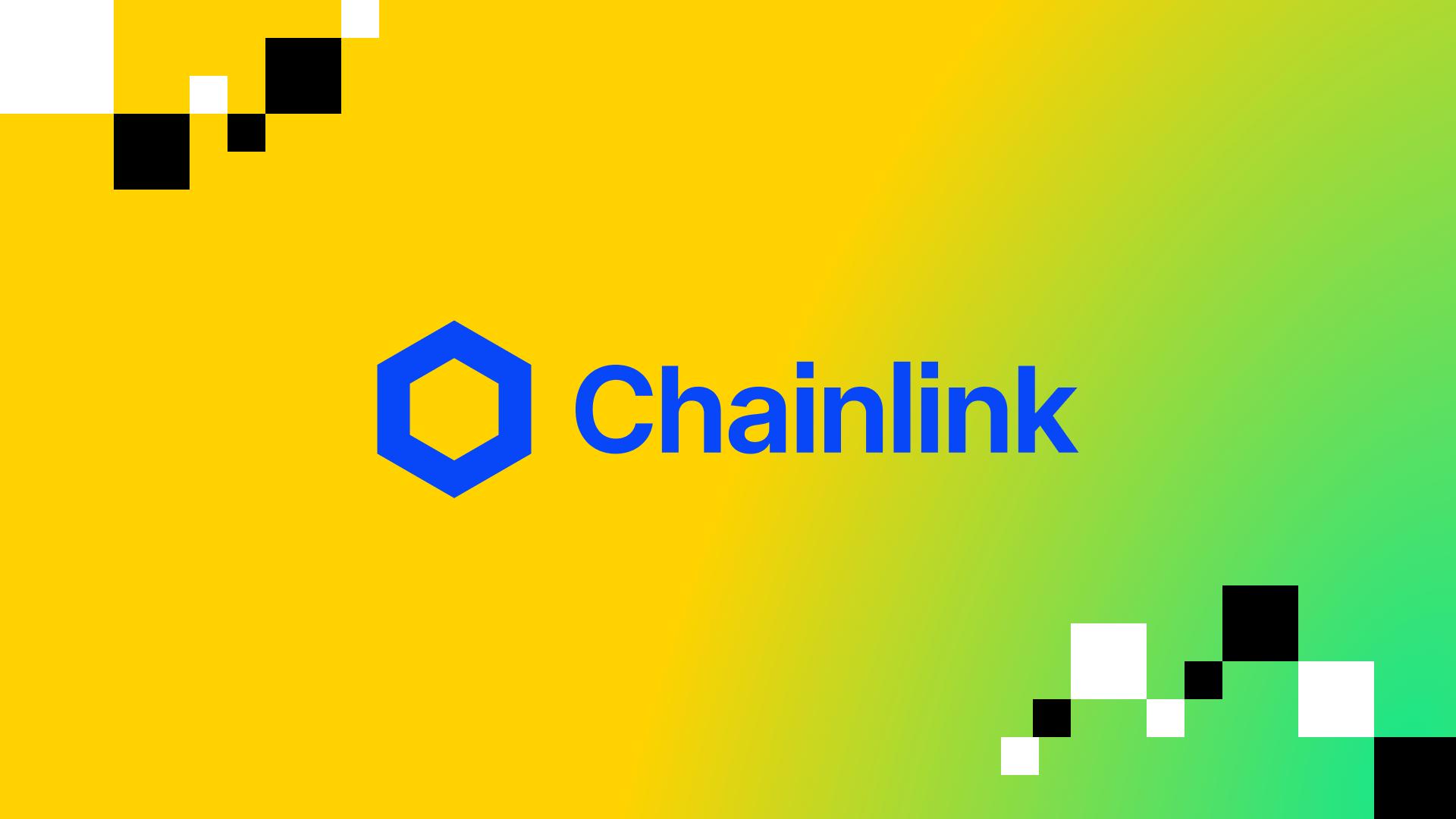Investment giant Grayscale Research has designated Chainlink as fundamental infrastructure for the emerging tokenized finance sector, underscoring the oracle network's pivotal role in connecting blockchain systems with real-world data. The endorsement comes as traditional finance increasingly embraces blockchain technology for asset tokenization, with trillions of dollars potentially migrating on-chain in coming years.
Grayscale Research, the analysis arm of one of the world's largest digital asset managers, has published findings identifying Chainlink as "essential infrastructure" for the rapidly expanding tokenized finance industry, signaling growing institutional recognition of oracle networks' critical role in blockchain adoption.
The research highlights Chainlink's unique position as a decentralized oracle network that bridges the gap between blockchain smart contracts and external data sources, enabling tokenized assets to interact with real-world information such as market prices, interest rates, and identity verification systems. This functionality has become increasingly vital as major financial institutions explore tokenizing traditional assets including stocks, bonds, real estate, and commodities.
Chainlink's Cross-Chain Interoperability Protocol (CCIP) has emerged as a particularly important component, allowing tokenized assets to move seamlessly across different blockchain networks. This interoperability addresses one of the most significant barriers to widespread tokenization adoption—the fragmentation of liquidity across multiple blockchain ecosystems. Major institutions including SWIFT, ANZ Bank, and several central banks have already conducted pilots using Chainlink's technology.
The timing of Grayscale's endorsement is significant, coming amid accelerating momentum in the tokenization space. Industry analysts project that tokenized real-world assets could represent a multi-trillion-dollar market within the next decade, as traditional finance recognizes blockchain's potential to increase efficiency, reduce costs, and enhance transparency in asset management and trading.
Grayscale's research also emphasizes Chainlink's expanding ecosystem of financial data providers and its proven security track record, having secured hundreds of billions of dollars in transaction value without a major security breach. The network's decentralized architecture, which sources data from multiple independent node operators, provides the reliability and tamper-resistance required for institutional-grade financial applications.
As tokenization transitions from experimental pilot programs to production-ready deployments, infrastructure providers like Chainlink are positioning themselves as the foundational layer upon which the next generation of financial markets will be built. Grayscale's formal recognition reinforces this narrative and may influence other institutional investors' perspectives on the critical infrastructure powering blockchain's evolution into mainstream finance.
